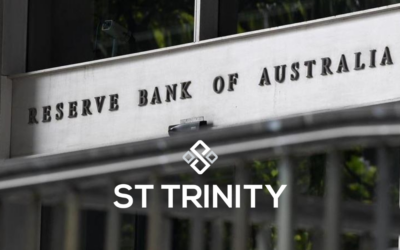Buying an investment property can be full of long-term rewards. One of the more popular pathways as an investor is to rentvest. What is rentvesting, and what are the alternatives to rentvesting?
Simply, rentvesting has an investment property that suits your financial needs while simultaneously renting a property to live in that is more suited to your lifestyle. Unlike other forms of investment property, this gives the investor the major advantage of buying an investment property while renting out elsewhere. This also gives the benefit of flexibility in living wherever one desires. However, there are some disadvantages as well.
There are a variety of rentvesting pros and cons at the moment, particularly in the midst of an environment affected by Covid-19. As Covid-19 cases have reduced, confidence in the Australian property market has improved, with both first-home buyer and investor interest increasing significantly.
With this trend now shifting upward due to various factors since January 2021, investors are now more open to options such as rentvesting when considering buying an investment property.
Looking at the rentvesting pros and cons in more detail:
| Pros | Cons |
| Rentvesting means that there’s the flexibility to live anywhere across Australia (or even the world) | One of the issues as a rentvestor will be the need to understand that as a tenant, there is the risk that the landlord may want to sell the property, and there will not be the certainty of staying in the property long-term compared to other investment options. |
| One of the issues as a rentvestor will be the need to understand that as a tenant, there is the risk that the landlord may want to sell the property, and there will not be the certainty of staying in the property long-term compared to other investment options. | Rentvestors are able to claim tax deductions if they have a home-owned business, for some who choose to rentvest, this provides the possibility of claiming rent as a deduction. |
| Rentvestors are able to claim tax deductions if they have a home-owned business. For some who choose to rentvest, this provides the possibility of claiming rent as a deduction. |
So what are the alternatives to rentvesting after buying an investment property as a property investment strategy? Well, there are a couple more options to consider:
- Airbnb
- Depending on the property size, investors could resort towards AirBnb (short for Air Bed and Breakfast) and either host the entire property or part of the property to temporary guests. There might be a drawback of having to stay with guests coming and going frequently, but this is a potential method of generating a positively geared property.
- Lease a room
- Another option available would be to lease out one room within the property. As an investor, it provides the advantage of making decorative changes to the property whenever it’s required. There is the drawback of dealing with people and the risk of the property becoming negatively geared, but for investors, there is that level of control available.
For investors, there is a range of options available when it comes down to rentvesting. With buyer sentiment sharply rising, now is the time to consider buying an investment property and see if rentvesting is for you.
If you are looking for your next rentvesting opportunity, you can visit our projects page, or you can contact our team at (02) 9099 3412 for suitable suggestions for your rentvesting journey.
Alternatively, you can download our Rentvesting Guide for further information!
*The information contained in this news page is general and does not take into account your objectives, financial situation or needs. You should consider whether the advice is suitable for you and your personal circumstances.




